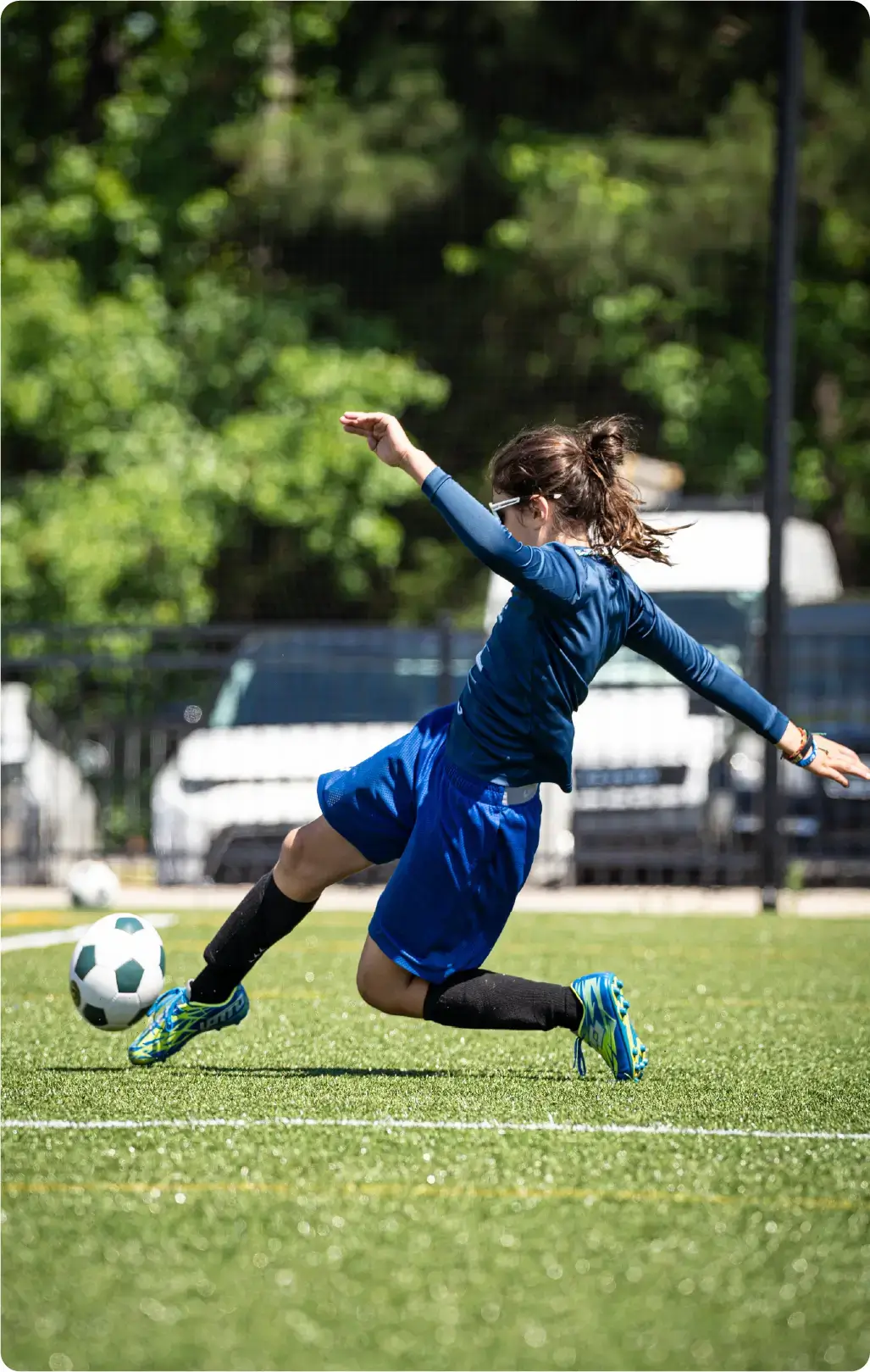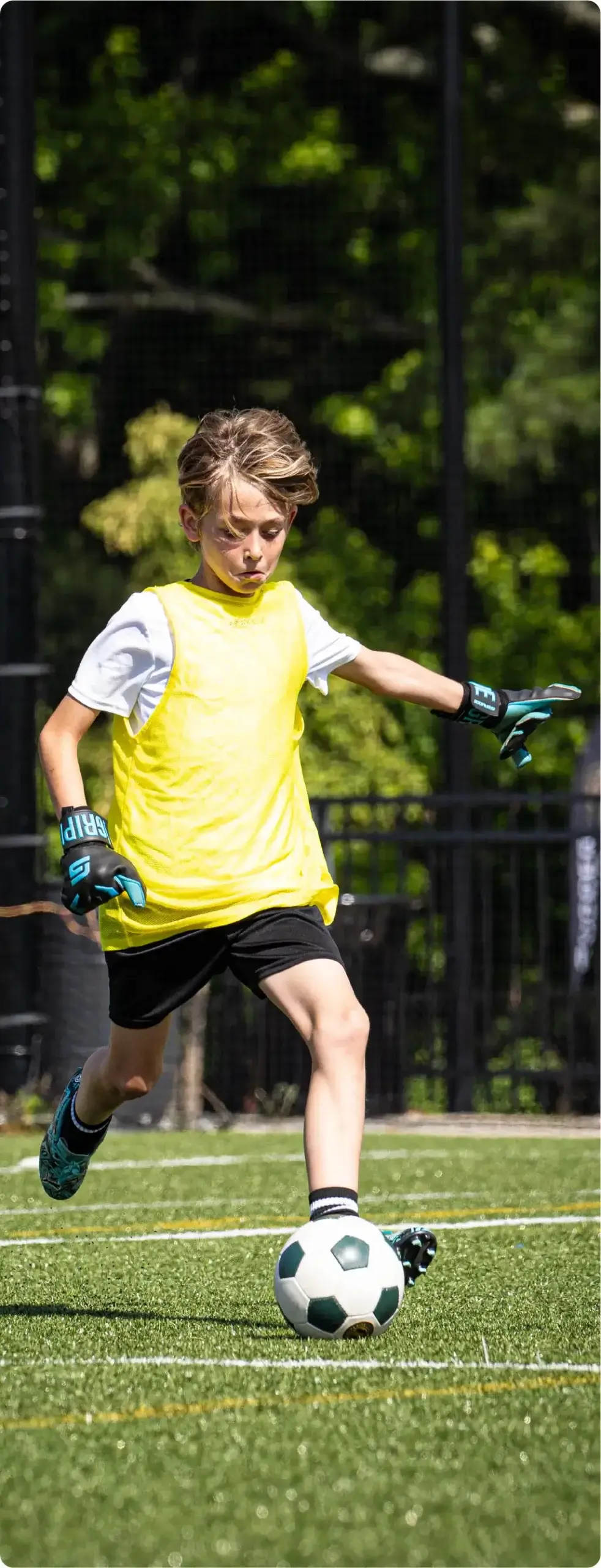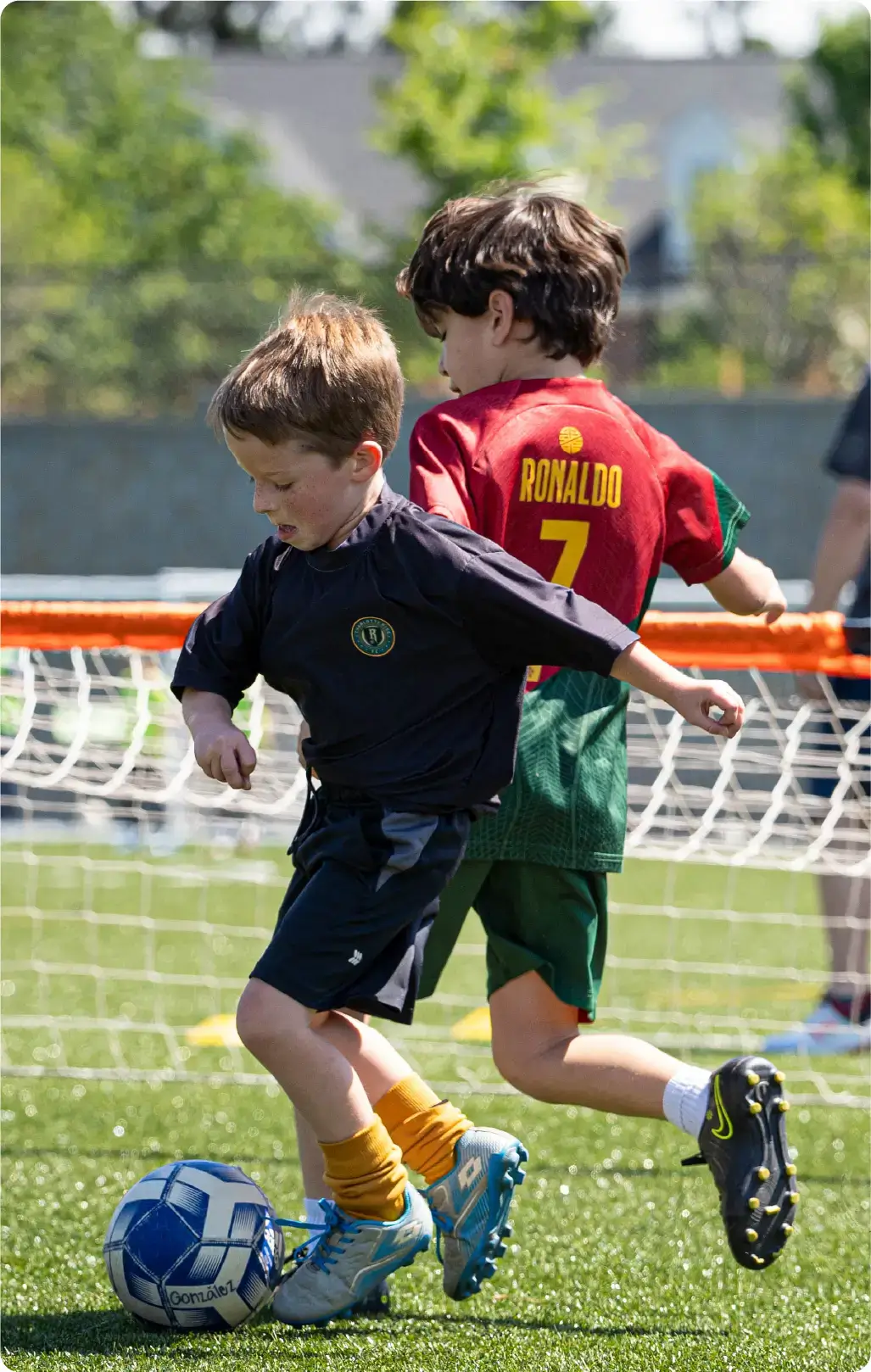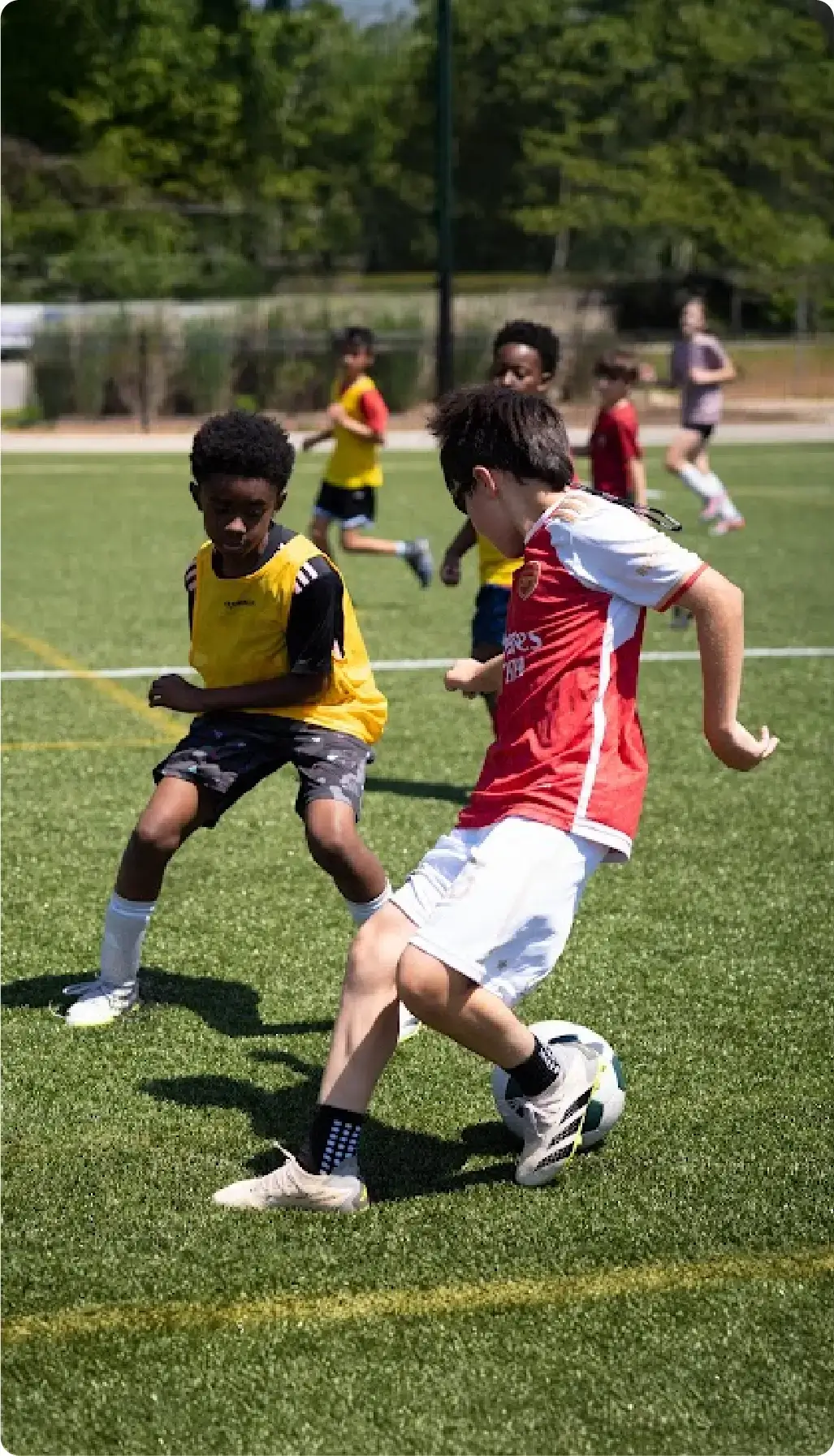CRFC
NEWSLETTERS
NEWSLETTERS FOR OUR LATEST EVENTS
In the world of youth soccer, the focus often drifts toward winning trophies, scoring goals, and earning scholarships. While these accomplishments are exciting, true success in soccer comes from embracing the journey—the process—rather than fixating on results. Understanding and committing to this process is what separates those who merely play the game from those who truly master it. Here’s a detailed guide for young soccer players on how to develop a process-driven mindset and why it’s the key to long-term success.
The Power of a Process-Driven Mindset
Most young players set goals like “I want to win state,” “I want to score ten goals this season,” or “I want to be the team captain.” While these are noble aspirations, they are outcome-based and often lead to frustration if not achieved. Instead, focus on goals that emphasize the process. Ask yourself, “What can I do today to improve?” Set goals like:
“I need to cross the ball better.”
Work on your crossing technique daily. Practice hitting different types of crosses—low, driven, high, and curling—in various game scenarios.
“I want to have a better first touch.”
“I aim to increase my strength and fitness by 30%.”

Beyond technical skills, educate yourself on nutrition and recovery. Learn how proper diet, hydration, and sleep can significantly impact your performance. Understand the importance of rest and listen to your body—knowing when to push yourself and when to allow time for recovery. Remember, it’s you who suffers from overtraining, not your coach. If you get injured, your coach will find someone else to fill your spot, but you’ll be sidelined. Protect your body so you can stay on the field.

Avoid the Trap of Comparison
In soccer, as in life, it’s easy to fall into the trap of comparing yourself to others—teammates, opponents, or even the person you were last season. But here’s the truth: Comparison is the thief of joy. If you constantly measure yourself against others, you’ll lose sight of your own progress and potential.
Soccer is a sport filled with comparisons: who’s the fastest, who has the best skills, who gets the most playing time. But don’t let these comparisons define you. Your journey is unique, and your development is ongoing. Reputation and perceptions from others are just snapshots in time; they don’t capture the whole picture of who you are or who you can become. Embrace the fact that you are evolving daily. Use comparisons not as distractions but as motivation to improve. Focus on your growth, not on how you measure up to others.
Trust the Evolutionary Process
Soccer is an ever-changing landscape where everyone has their time. The players who dominate at 14 are rarely the best at 17, and those who shine at 17 may not be the stars at 21. This reality can lead to jealousy and frustration, especially when you see others receiving accolades, scholarships, or attention that you feel you deserve.
But don’t let these feelings take over. Trust your process. Have grit and perseverance over the long haul. Success is not about quick victories; it’s about sustained improvement over time. Remember players like Freddy Adu, who peaked early but struggled later on. The key is to stay focused on your journey and not get discouraged by the success or failure of others. Everyone develops at their own pace, and your time will come if you remain committed to the process.


Master the Fundamentals and Find Your Edge
Skill is the foundation of soccer. No matter how good you are, your skills can always improve. That’s why continuous training is essential. Whether it’s dribbling, passing, shooting, or defending, there’s always room to get better.
However, as you develop your overall game, it’s also crucial to find your edge—a quality that sets you apart from others. This could be your vision on the field, your physicality, your aerial ability, being two-footed, or your speed and dribbling skills. As you advance in your soccer journey, the competition becomes tougher, and having a standout quality can be the difference-maker.
But having an edge doesn’t mean neglecting the rest of your game. Soccer is a game of balance, and as you progress, your weaknesses will be exposed. Work diligently on these areas while continuing to enhance your strengths. Remember, even the best players are constantly working on their deficiencies because they know that at higher levels, every weakness is magnified.
For younger players, speed and strength often stand out, but as you get older, these physical advantages begin to level out. The best players are those whose weaknesses are better than the average player’s strengths. Therefore, you need a process mindset to continually work on your weaknesses while also refining your strengths.
Embrace Failure and Seek New Opportunities
Failure is a part of soccer. You will experience setbacks, injuries, and disappointments. Many players quit because they hit mental lows and lose sight of their goals. This is where having a strong support system—family, friends, and activities outside of soccer—becomes crucial. Expect to hear “no,” expect challenges, but don’t let them deter you.
Use every opportunity to grow. Try out for different teams, talk with new coaches, and embrace fresh challenges. The more you expose yourself to different environments, the more you’ll grow as a player. Remember, skill is king in soccer. It takes years to develop the technical abilities needed to excel, but it takes much less time to get into the proper physical shape. Always incorporate the ball into your fitness training. The more you train with the ball, the better your skills will become.


Push Beyond Your Comfort Zone
Growth happens outside your comfort zone. To become the best player you can be, you need to constantly challenge yourself. Play with better players, seek feedback from your coach, and actively look for ways to improve. If you’re comfortable, you’re not growing.
Don’t be afraid to ask your coach for a candid assessment of your abilities. Send emails to coaches you admire, and don’t shy away from trying new things. Whether it’s playing for a new team, working with a different coach, or focusing on a particular aspect of your game, these experiences will push you to new heights.
If soccer is your passion, don’t quit. Understand that you have years ahead to refine your process and become the player you aspire to be. The journey will be filled with ups and downs, but if you stay committed to the process, you’ll continue to grow, both as a player and as a person.
Conclusion
Soccer is more than just a game—it’s a journey of self-discovery, growth, and continuous improvement. Embrace the process, focus on what you can control, and let the results take care of themselves. Whether you end up playing professionally or not, the lessons you learn through soccer will stay with you for life. Remember, your success will be measured not just by the trophies you win but by the player you become along the way.

